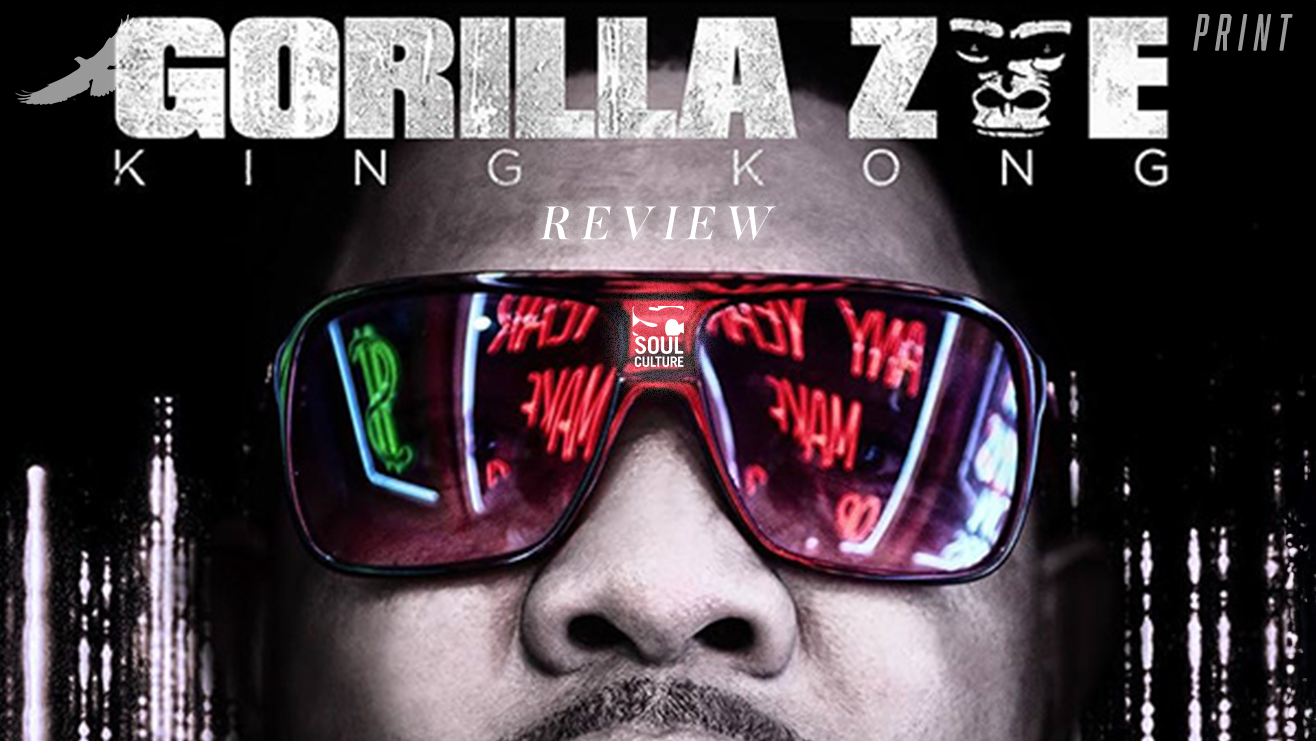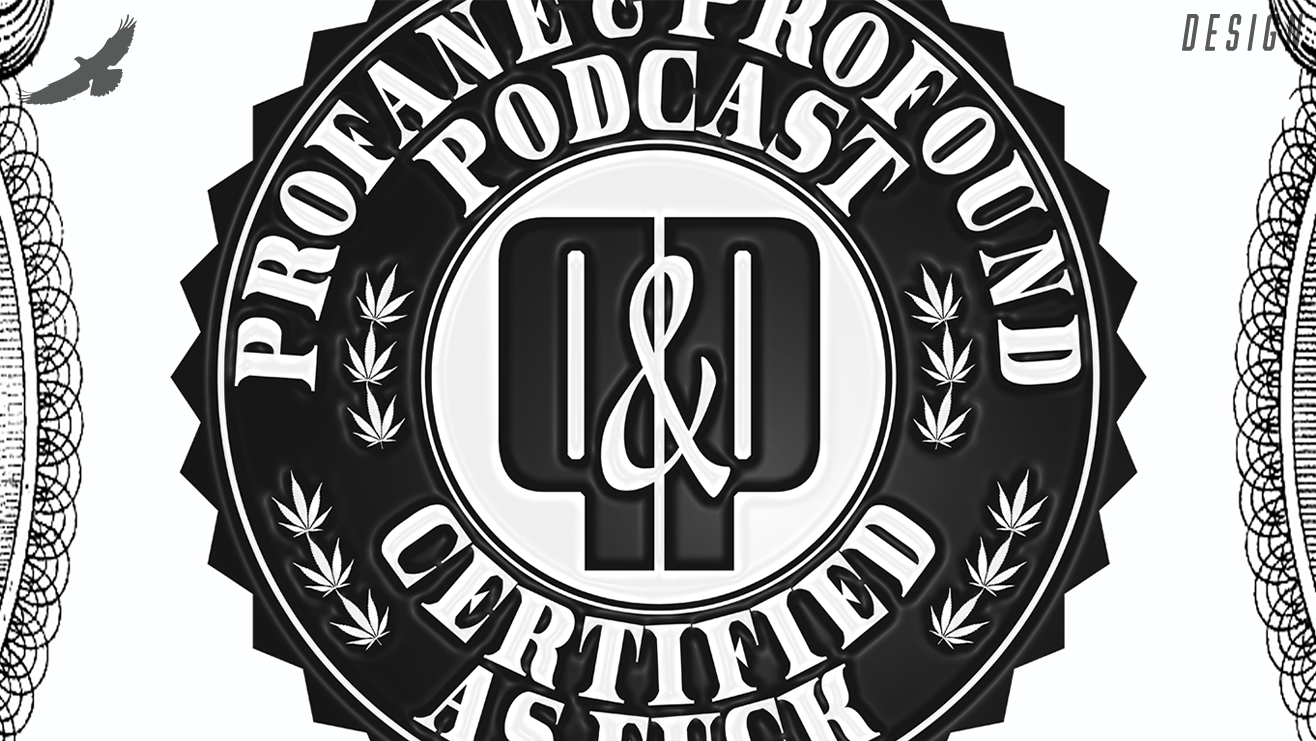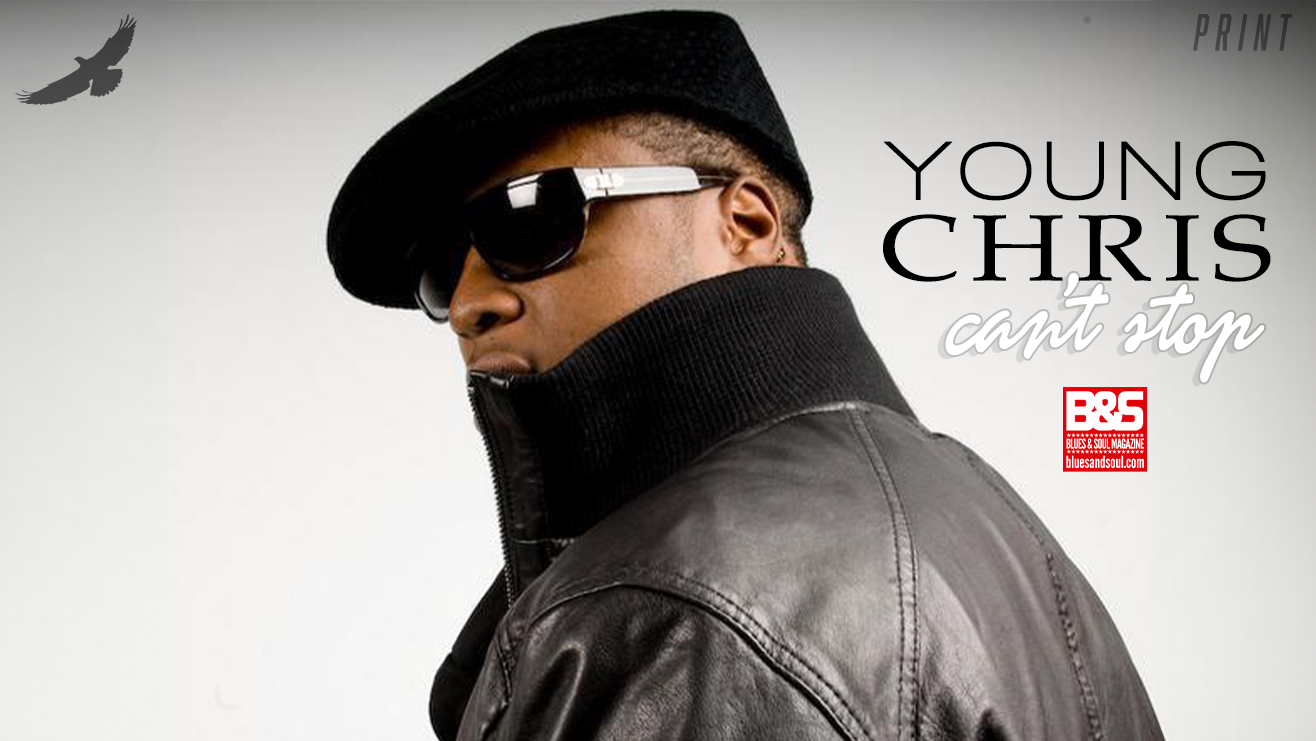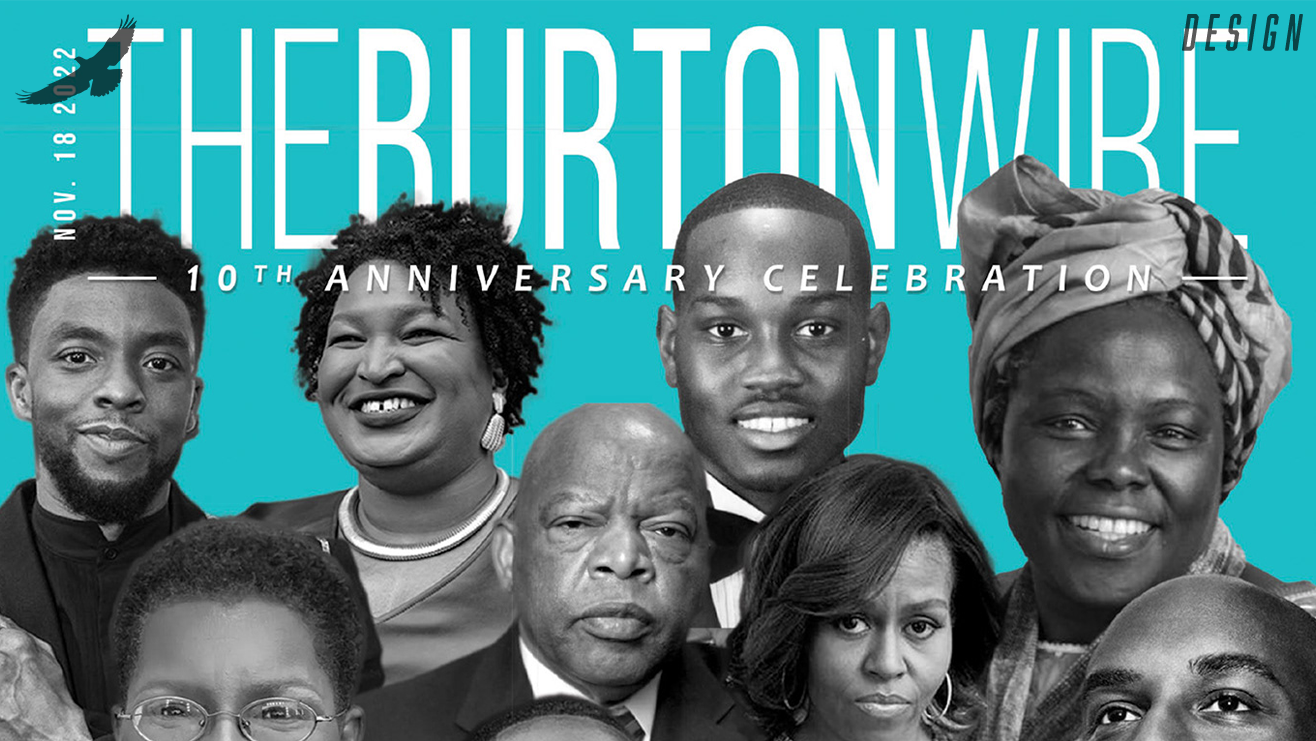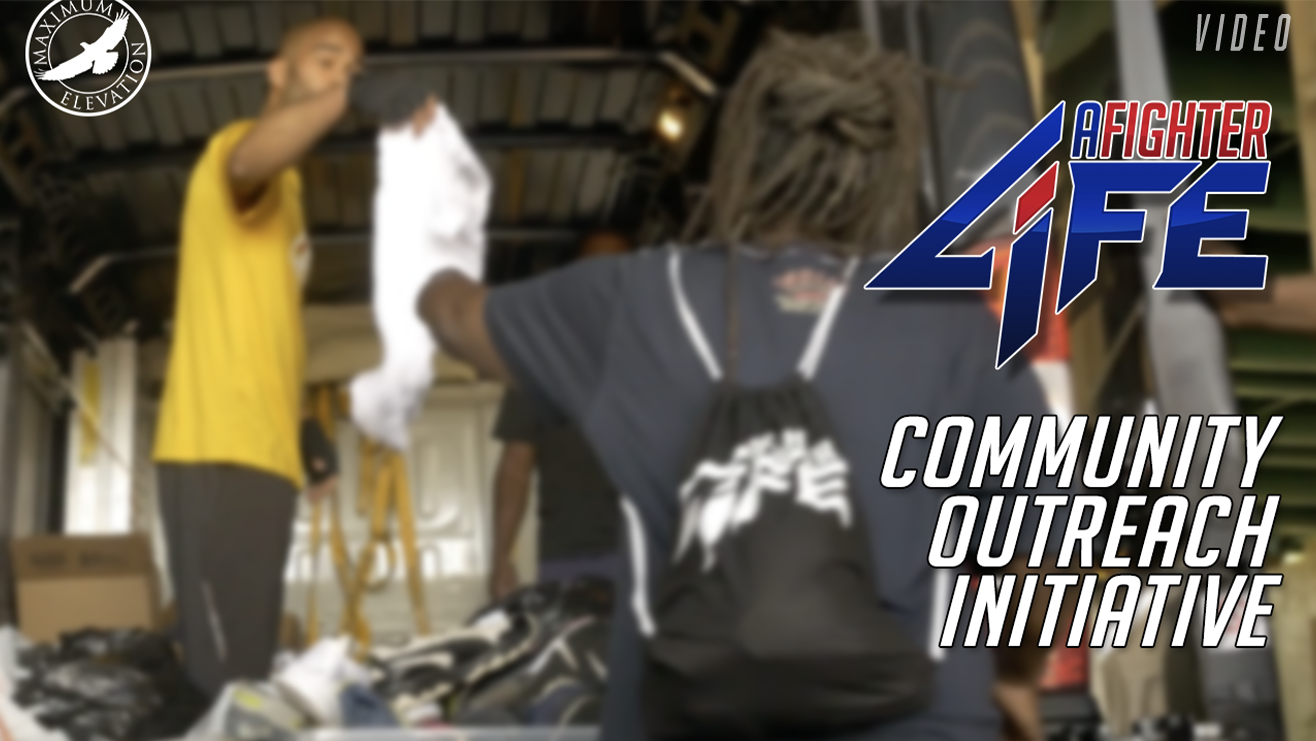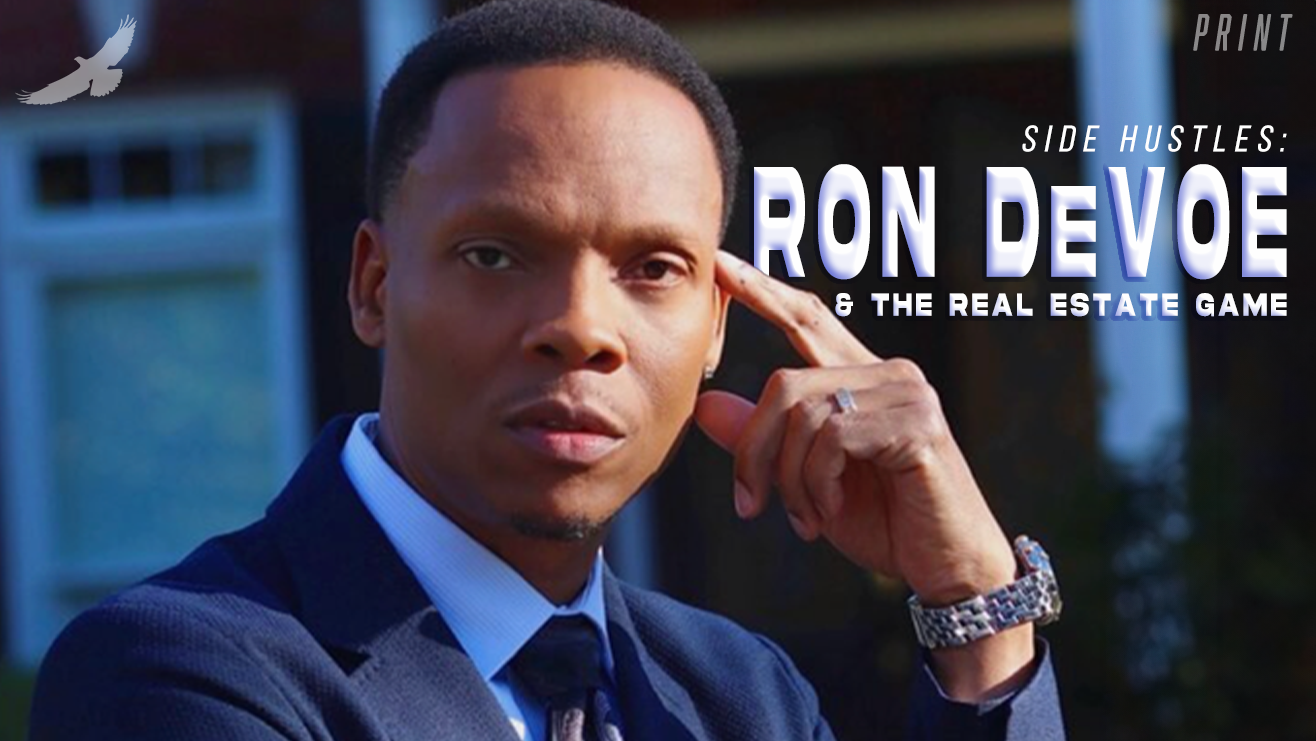May 19, 1968. Mt. Morris Park, 121st and Madison, New York City.
Despite the raucous activity of the day’s Malcolm X celebration, a chant could be heard across the park, blaring through the commotion like a siren:
“Are you reeaaaaaady, nigg-ers? Are you reeaaaaaady, nigg-ers? Are you reeaaaaaady, nigg-ers?”
The melodic question had become the charge of Howard University’s burgeoning Black Consciousness movement, but today it was used to snatch the crowd’s attention as three unknown, revolution-minded poets repeated it while making their forceful entrée onto the Park stage.
Once they got hold of the people’s ear, they never let go.
They decided to call themselves The Last Poets, a name inspired by the last few lines of a “Little Willie” Kgositsile poem that read, “When the moment hatches in time’s womb, there will be no more art talk. The only poem you will hear will be the spear point pivoted in the punctured marrow of the villain. Therefore, we are the last poets of the world.“
The Last Poets quickly became one of the country’s loudest and most poignant voices for change amongst males in the Black community, unabashedly urging them to be the men they were created to be and fight the oppressive forces that plagued them and their families.
After convening at a writer’s workshop called “East Wind” and bringing on new members, the poets from the Mt. Morris performance left the fold to pursue other endeavors while the remaining three poets, Jalal Nuriddin, Abiodun Oyewole and Umar Bin Hassan, along with a conga player named Nilaja, recorded and released The Last Poets’ seminal self-titled debut album in 1969. Their politically-charged verse coupled with the rhythmic, traditional African conga created a sound listeners couldn’t help but become addicted to, and the album sold better than any spoken word album ever had.
Over the next few decades The Last Poets would flip, often wildly, through a lot of albums (about 11), a lot of success, a lot of members (7 total) and a lot of contention (infighting, drugs, COINTELPRO, etc.), only to land firmly on both feet to watch what they’d popularized – most of The Poets refuse to happily accept their widespread recognition as the “Godfathers” of Hip-Hop, claiming to only have furthered the centuries-old African griot tradition – become the most influential force in the land.
Today, as they celebrate their 40th year of speaking the truth, the 5 members of The Poets that are still with us (there were 7 total, percussionist Nilaja passed in 1981; Sulaiman El-Hadi in 1995) continue to work and earn money, though not always together, with their powerful poetry. Although they haven’t recorded together in many years, the surviving Poets have each been working under The Last Poets banner, keeping the name and legacy alive and introducing themselves to new listeners daily.
Even though you probably don’t know it, The Poet you’re most familiar with is Umar Bin Hassan. The fiery, scene-stealing Ohio native known for his exaggerated cadences and gripping voice was featured on the single “The Corner” from Common’s 2005 opus Be, an experience Umar considers a standout of his lifetime of reciting poetry.
Umar Bin Hassan & Common
SM: Was the poem you used on “The Corner” new or something you’d already written?
UMAR: Nah, that was something I’d just wrote. I just was lucky that Common liked what I wrote and used it. A lot of old heads and young heads liked that song, man, because here was the old school and the new school together working on a strong concept. It was a moment in time. It also introduced The Last Poets to a whole ‘nother generation – a fifth generation.
One day I was in Brooklyn and this 10-year-old kid who lives a couple blocks up from our center was yellin’, “Yo, Last Poets – I saw you on TV with Common!” I didn’t realize how much these videos play a part in these young kids’ lives until we made that video. They be on these videos!
This is like five generations that we’ve influenced, man, and that’s amazing. That’s why we’ve still been working. We haven’t done a record in 12 years, but we’re still working ‘cause different generations have heard about us and now they wanna bring us to their concerts or festivals and it’s really a blessing.
“This elder sis named Betty Hart introduced me to the Poets back in the early ‘90s,” remembers stic.man of dead prez, one of the Poets’ most frequent modern-day collaborators and the Hip-Hop duo whose revolutionary spirit almost seems as if it were lifted directly from a page of Last Poets’ verse. “She would tell me and my homies, ‘these are the fathers of rap and y’all are the sons.’ Once I heard them I actually could dig poetry.
“They gave me a vision of what revolutionary art could be,” stic continues, “and the power of the Black man’s voice to inspire revolutionary consciousness. [The Last Poets] wholeheartedly influenced me, both as an artist and a man.”
Ahh, influence. Even as a man in his early 60s, Umar recognizes the potential power this young people’s music called Hip-Hop has, but he is skeptical as to whether the current messengers are sending the right message.
But unlike many other members of the so-called “Old School,” Umar is not overly critical of this new breed of Black poets. Instead, he relates, as many of their struggles are parallel to those he went through as a 20-something from the streets whose strong and piercing words were suddenly thrust into the spotlight.
But even through the lingering fog of strife, Umar could see the big picture. He understood that what he was doing had a purpose, and feels that today’s MCs need to gain that understanding.
SM: Being someone who has been close to Hip-Hop since it was born, what is your opinion of it now?
UMAR: I don’t get too mad at the young brothas even though everybody else wanna beat up on ‘em. These days they’re forced to create something of their own, and that’s partially our fault because we never really left them nothin’ to come into after we so-called “ran down” or dealt with the system. So they had to try new things on their own to make their way, you know? We had to figure out our stuff, now Hip-Hop is gonna have to figure out their stuff.
SM: So what do you consider to be The Last Poets’ relationship to Hip-Hop?
UMAR: A lot of people call us the godfathers of Hip-Hop, but there were people rappin’ on the radio [when I was young]. Rappin’ has been around for a long time – it’s part of the African oral tradition. It’s part of the field harvest. All we did when our album hit was make commercially viable poetry or spoken word, ‘cause they had never sold anything like that to the public before. So we did our thang, and after us came Sugarhill Gang, then Kurtis Blow, Run-DMC and on down the line. So all we did was make it commercially viable and people picked up on that. Sugarhill Gang used to come to our concerts with they daddies.
SM: How does what rappers are doing today compare to what you guys did back then?
UMAR: The difference between us and this generation, man – we had direction. We were talkin’ ‘bout advancement and Black community and putting disorder into order. And since we had direction, those that were older would put us back on track if we would stray from it. If we would play around with the sistas too much or whatever, we were told we couldn’t do that ‘cause we were supposed to be really trying to uplift our people.
We had elders to keep us in place, but these kids didn’t have no direction – everybody was just on their own. Having no direction, all types of new people and those who ran the record companies could come in and run it and say “I expect you to make some negative, booty-shakin’, freak-out stuff that’ll make some money,” and that had a lot of ‘em believin’ that that’s what it was and they went along with it.
When they started makin’ all that money they became somewhat arrogant and bold, and a lot of ‘em came out and said “kiss my ass, I’m not lookin’ out for nobody but myself.” We couldn’t do that. We were told we had to be part of something and we believed in all that stuff. We were young, we didn’t have a lot of access to the revolution and we made a lot of mistakes, but we did believe in a direction and a movement and that we were revolutionaries who were working for the betterment of our community.
I think Hip-Hop has been a vehicle for the younger generation. It’s made a lot of people money, made a lot of record companies money, it created a lot of jobs – you know, it’s done a lot of good things.
But at the same time, it’s a very good vehicle that needs some new drivers. They need to take some of these drivers out the front seat who are runnin’ into the lamppost and runnin’ into the wall because it’s some stupid, silly bullshit, man.
50 Cent and Nas and whoever else is supposed to be the standard-bearers are gonna have to try to get together and say “Listen, let’s find another direction for this, man. Let’s stop all this fake beefin’ and playin’ gangsta stuff and try to use this to uplift some of the young brothas up out of those mindsets that tell ‘em they all gotta go rob somebody or they all got to be gangstas and mistreat women” – you know? It’s all on them now. We had to go through our trip, they goin’ through theirs.
Words are very important and powerful, man. When you’re young and you’re entrusted with that power it’s tough sometimes. We went through it, too, but again, we had those people there to guide us and remind us that we were there to use our music for the uplifting of our people, not to scandalize. Things happen in all generations, man, but there’s always a reason why things happen and it’s up to each generation to figure out how it’s gonna leave itself for the next.
These Hip-Hop guys need to sit down and understand that they have a deep responsibility. If it doesn’t watch itself, Hip-Hop is gonna be slowly tuning itself out ‘cause there won’t be no distributors. These Whiteboys will find something else to put in its place – trust me.
(L-R) Jalal Mansur nuriddin, Umar Bin Hassan, Nilaja Obabi
After 40 years, The Last Poets continue to contribute to the urban soundscape through collaborations with current artists and through their own projects. Apart from Common’s “The Corner,” The Last Poets’ name has been seen in the tracklists of numerous LPs, the most recent being Nas’ controversial Untitled.
Surprisingly, though The Last Poets are listed in the liner notes, Umar seems to feel a little uneasy about it. “I told them to take my stuff off there, man,” he says without going into detail. “Abiodun is on Nas’ album and he’s calling himself The Last Poets, which is kinda funny since I’m not on the album with him.”
Regardless of what happened with the Nas situation, Umar is keeping it moving as he preps the release of an as-yet-untitled album on indie imprint Diggin’ 4 Brown. “We’re just trying to accelerate that elevation [of Hip-Hop] to where it should be – something sufficient and constructive and conducive to more spiritual elevation,” he says.
Umar’s album features production from stic.man, who says working on this project, as with all Last Poets projects he’s worked on, was quite the memorable experience. “It was truly a blessing,” he recalls. “[In the studio], the brothers share their experiences with us and warn us of many of the pitfalls we could possibly face if we don’t stay mindful. They encourage us to stay on our job and to stay loving with each other, and we always celebrate the continued commitment to our community’s empowerment.
“Today’s MCs could learn a lot from The Poets,” stic continues. “The skill of articulation with swag and theatre rhythm, content, innovation, raw reality and respect for the legacy we inherit as today’s poets and emcees. They are truly timeless.”



